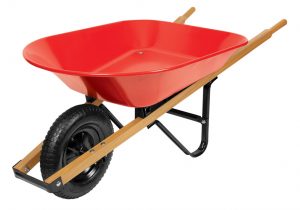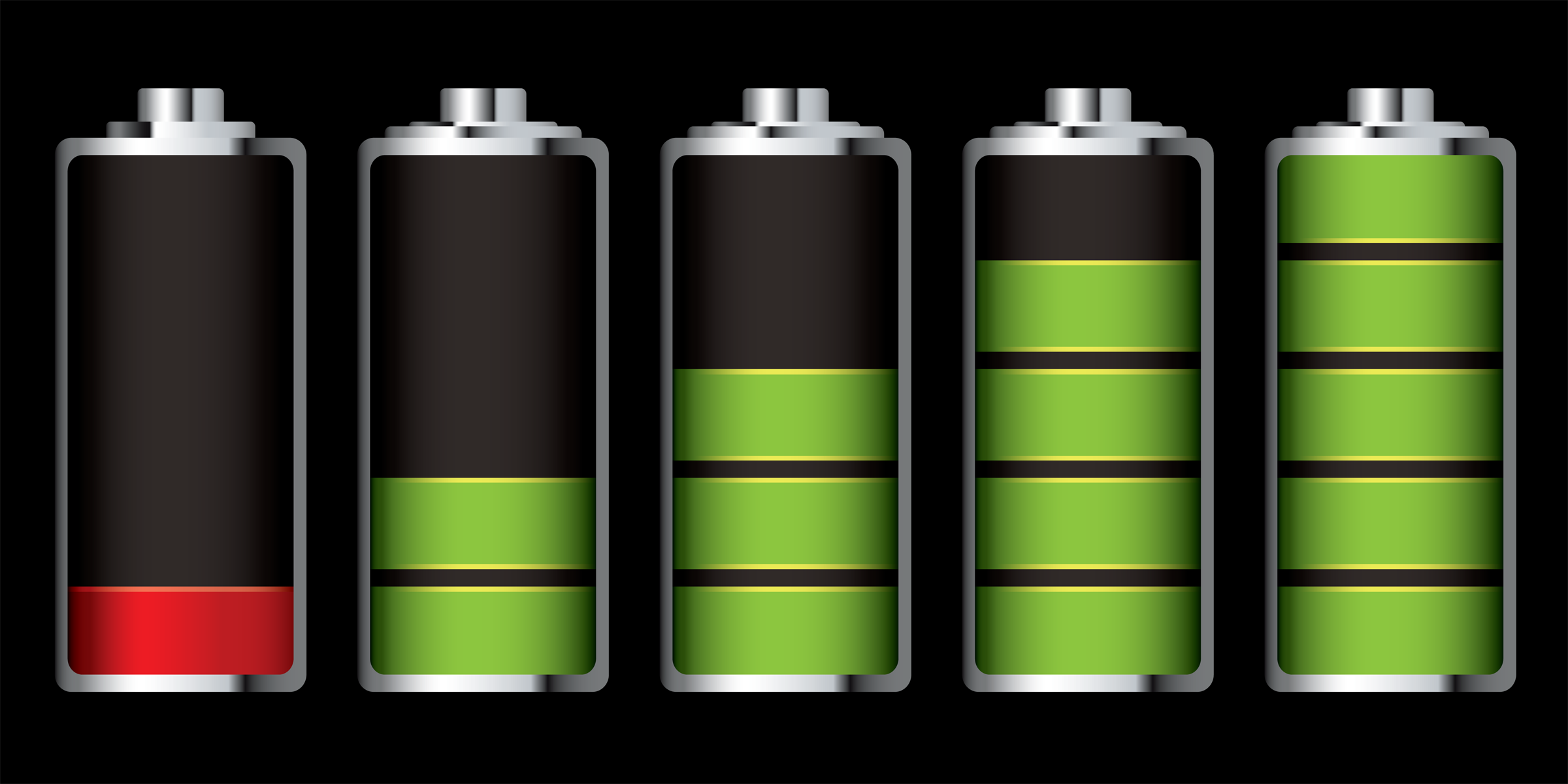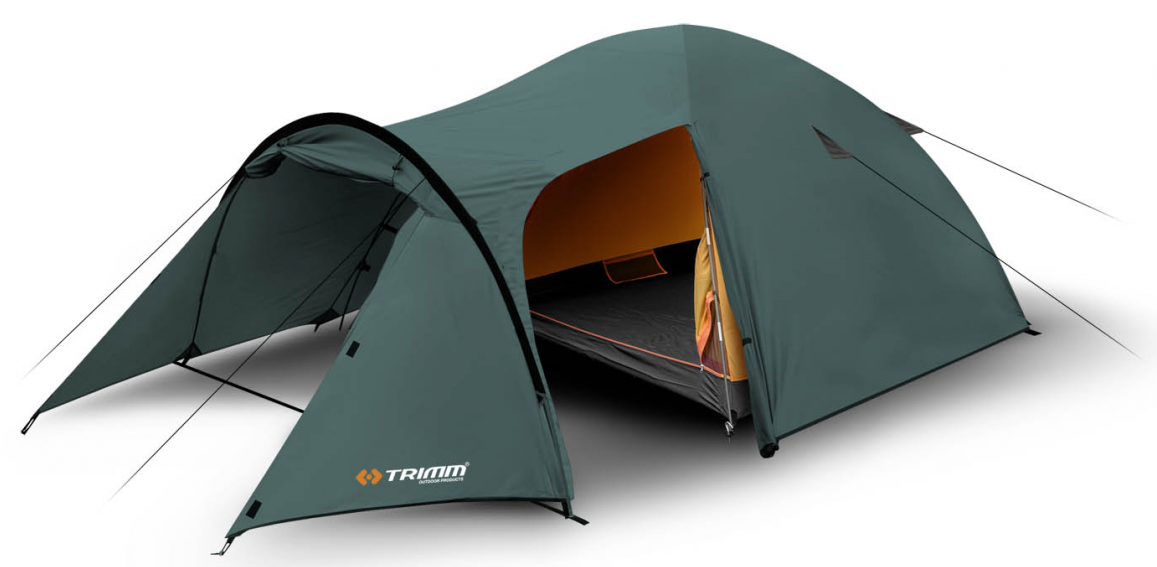It’s good to see the topics of clinician self care being more commonly discussed, both in FOAMed circles and at regular conferences. At the recent RDASA Masterclass in SA, Thinkwell psychologist Hugh Kearns and myself delivered a short session on self care, and I was thrilled to hear Dr Roger Sexton of Doctors Health SA talk at a recent GPex session for supervisors.

Roger has done much to establish a network of ‘doctors for doctors’ here in South Australia, with the Doctors Health SA providing a bespoke service to doctors and medical students, a group that famously fail to look after their own health. Some pearls from Dr Sexton’s talk deserve a wider audience. The following is based on my synthesis of his expertise from a talk he delivered recently to GP supervisors. Check out more at the Doctors Health SA website
Look after the Wheelbarrow, the Battery & the Tent
Have a hard look at HOW you work in your practice. Many of us are busy, making numerous decisions in a time-pressured environment. Whilst many people think decision-making in an emergency is stressful, I find that my work in ED or prehospital environment is far less stressful than that in the consulting clinic. The former situation (let’s say a resus or sorting out an unwell patient) is relatively straightforward – there’s a simple algorithm (ABC…), there are established techniques to help teamwork (shared mental model, closed-loop communication, use of cognitive aids and appropriate resource allocation etc) and the momentum is usually upwards (from critically sick, to stabilised).
Whereas in clinic (especially in primary care), the problem is often poorly-defined (early stages of disease are far-removed from textbook descriptors), there is a huge element of gestalt and risk (sieving the important from the inconsequential) and there are limitations of time and resources (no pan scan or immediate access to investigations). No small wonder that doing good primary care well is an intellectual challenge – often underestimated by those who’ve not done it – and sadly all too east to do poorly.
Whichever situation (whether a prehospital clinician, an emergency room clinician or a primary care clinician), one thing is certain – you have limited time, limited resources and important decisions need to be made with safety-netting. Three concepts can help you in your busy day.

THE WHEELBARROW : like this garden tool, you only have a finite carrying capacity. In short, there is only so much load you can carry. The lighter the load, the easier it is to get ahead. Problem is, everyone wants to dump THEIR problems into your barrow. Therefore you need effective tools avoid unsustainable load from being dumped in your barrow!
A common strategy is the idea of ‘sticky fingers’. Imagine if someone dumps a problem or task into your barrow. With ‘sticky fingers’ you HAVE to pick it up and look at it – but here’s the trick – once picked up (or accepted) you must do ONE of only three options
- deal with it (this is YOUR problem to deal with so sort it out)
- delegate it (tasks that can be devolved to others should be, where possible)
- dump it (unnecessary work should be declined or dumped)

As doctors we are inculcated through training to try and be helpful – to solve problems. Moreover as (mostly) successful high-achievers, we tend to thrive on problem-solving and are used to taking on extra work. This a trap for new players – particularly in the first year or so post-Fellowship, when there is a natural temptation to take on exra work on committees, running rosters or running projects.
My advice? Play the long game. Take on small bite-sized chunks of work and be effecctive with them. And learn the art of saying ‘No’ (the phrase…”I’ll have to check my diary and get back to you” is an effective strategy to avoid the natural temptation to please others and say ‘yes’ to new work).

THE BATTERY : ever got home at the end of a busy day and felt mentally and physically exhausted? Of course. decision-making and stress can pound the adrenals. Getting home exhausted may lead to slumping on the couch and ‘vegging out’ – an inevitable result of the batteries being run down throughout the day. Why is this? As a clinician, we are a source of energy for others. Our decisions, our leadership are important parts of the team. But giving off energy, especially in multiple repeated consults, can rapidly deplete the battery.
So – try not to let the battery run down! Make an effort to recharge throughout the day and keep your batteries charged. Take breaks. Book ‘catch up’ slots. Get out of the office in lunch break and take time to walk around the block. Spend some time in the sun. Interact with work colleagues where possible. When rushed, make an effort to slow down. Breath. Be mindful and ‘in the moment’. Spending 10-15 mins a day in meditation or ‘being mindful’ is beneficial.
Make a conscious effort to find something positive in every interaction, even if ostensibly challenging from outside appearances. We are privileged to deal with patients throughout life’s rich tapestry. Appreciate this.

THE TENT : clinician resilience is something I am interested in. I think we need to develop skills in both cognitive resilience (making decisions under pressure) as well as emotional resilience (dealing with the impact of our work). Although challenging, being comfortable to demonstrate our soft vulnerability (rather than a hard unbreakable veneer) can be an interesting space to throw up improvements. As Brene Brown says, being vulnerable is about courage – to allow ourselves to be seen as fragile human beings. And understanding vulnerability can be the birthplace of innovation, creativity and change.
So – our outer protective shell – the canvas of our tent. This layer – call it RESILIENCE – protects us from the elements. rather than being rigid and inflexible, it is soft…deformable…yet affords wonderful protection even under significant pressure. Resilience is something that can be cultivated.
Of course we need supports – much like guy lines of a tent, we will need to cultivate and anchor ourselves to supports around us – our family, our friends, our colleagues. Maybe outside interests – whether sport, a hobby, religion…whatever. These anchors add to our resilience.
“Have a look at what’s happening in YOUR typical work day.
How well looked after are your wheelbarrow? Your battery? Your tent?”
Some other important factors for long term clinician self care
As well as thinking about your wheelbarrow, your batteries and your tent, have a think about other protective approaches to long-term clinician resilience – to keep thriving and surviving…
Have a health check : senior executives in corporations have annual health checks. How many intensivists do this? How many surgeons? How many GPs?
Get good independent advice : do NOT fall into the trap of self-diagnosing or ‘corridor consults’ with colleagues – see your GP! But as well as seeking expert independent advice for your health, make sure you have appropriate advise for finances, for mental health (seeing a counsellor 6 monthly can be a powerful ‘future proofing’ technique). Seek out mentors (SoMe and FOAMed helps). And if a specific area of your life is struggling (relationship, career, spiritual) then seek appropriate expert advice.
Get fit : shift work and busy days take their toll. Make time to exercise. Get your 10,000 steps in each day. The healthier you are, the easier your work will be.
Rediscover your passion : think about what you’ve given up to be where you are today. Medical training is gruelling. University and postgraduate training eats into the time from school through to late 20s as a minimum. Whilst those in non-medical jobs may enter into the labour market early, contributing to house purchase and superannuation, clinicians-in-training work long hours for little reward for the first decade. Financial security comes late and may be compounded if working in private practice (no leave, superannuation, significant practice costs). think what you’ve given up to do medicine – friendships, sports, holidays, time with family. Is it worth it? Make time to rekindle the passions you’ve given up.
Mobilise endorphins : the best sources of endorphin are NOT the Doctors Bag or Drug Cupboard (although this is also a common trap for some!). Natural highs are found through seven sources – laughter, sex, exercise, crying, singing, music, & meditation.
Value relationships : with spouse, with family, with colleagues, with friends…and with patients!
Have roles and fulfil them : not just our role as a clinician (indeed, one should try not to define worth through ‘doctoring’) Instead anchor yourself to other roles – as parent, as partner, as colleague, as coach etc.
Fulfil existential needs : much as we should acknoledge our vulnerabilities, we shoudl also ensure our existential needs are met. As humans we crave love, hope and meaning in our lives. Teaching is a common strategy to ensure our work has meaning (remember the origins of the term ‘doctor’? Docere, to teach). Control is also important in life; lack of control over one’s destiny (common when working as a salaried junior) can be a big contributing factor to dissatisfaction and burnout.
Recognise WARNING SIGNS and HAVE A PLAN : evaluate your wheelbarrow, your batteries and your tent on a regular basis. If something is failing, do something about it!
DoctorsHealthSA is running workshops (the next is September 2016). Many conferences include speakers on self care and resilience nowadays. At the very least, make sure YOU have a GP and ensure you have regular health checks.
LINKS
Bren Brown on vulnerability ‘ https://www.ted.com/talks/brene_brown_on_vulnerability
Thinkwell – Hugh Kearns and Maria Gardener on clinician self care http://iThinkwell.com.au
Doctors Health SA – doctors for doctors (and medical students) – http://www.doctorshealthsa.com.au
Jellybean with Paramedic Rusty – http://lifeinthefastlane.com/jellybean-040-paramedic-named-rusty/
Great post Tim, read through this, and reflected a lot of what I had been thinking, and written recently . I loved the analogy of the battery, so often do feel a little bit of energy drained by each interaction and patient over the day. I think the isolation in our decision making is also an important point, support through FOAMed, GPDU, and other peer group sources helps with validation of our work, decision making and just to vent.
Pingback: 7 of the best medical blogs in Australia for overseas trained doctors – GP Options